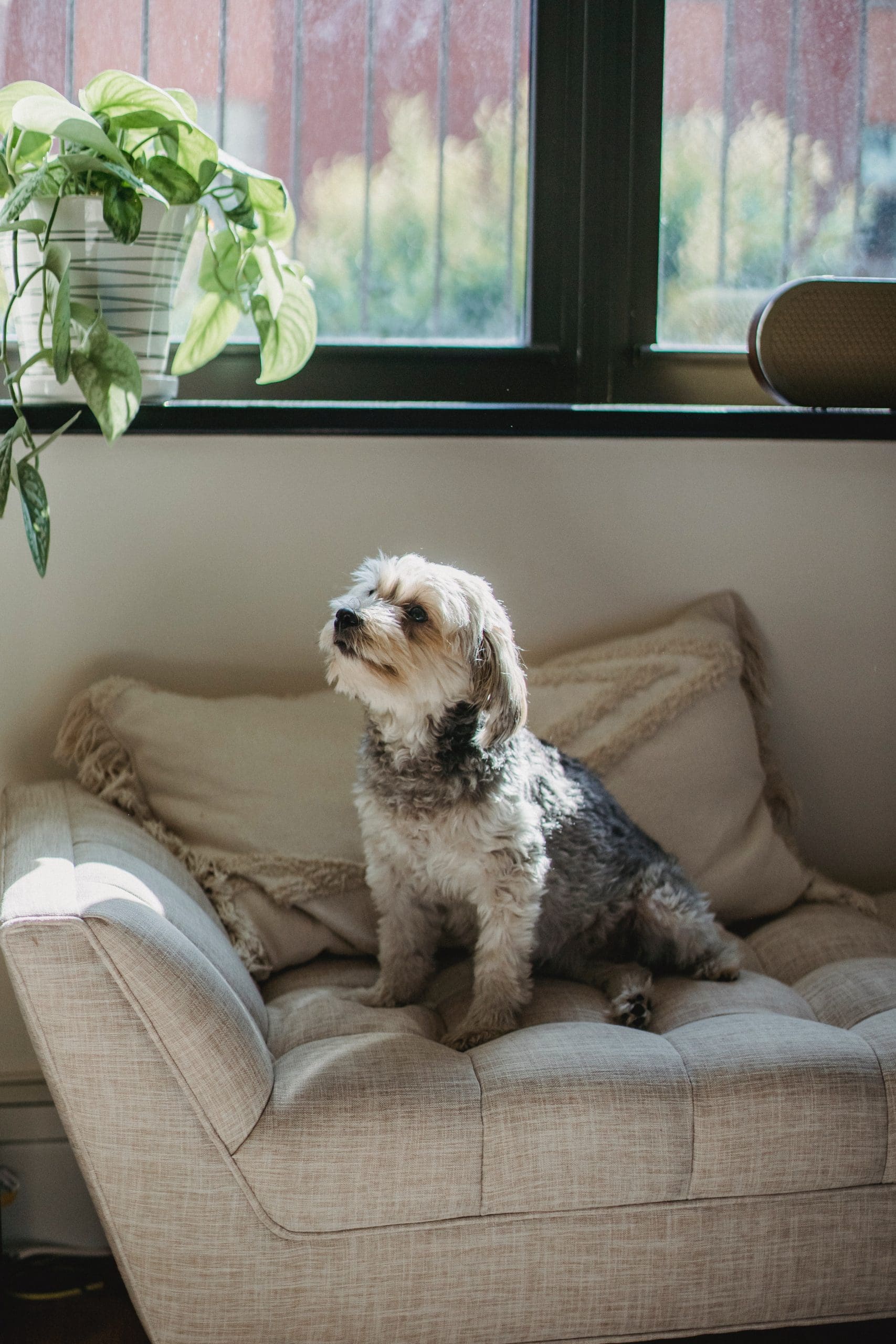As a dog owner, you might find yourself wondering why your dog is pooping so much. This concern is common, especially when there’s a sudden increase in bowel movements. While this can be alarming, it’s important to remain calm and investigate the reasons behind this behavior.
Factors Influencing Bowel Habits
Dogs exhibit varying bowel habits based on age, diet, health, and lifestyle. Puppies, for instance, tend to have more frequent bathroom breaks due to their developing digestive systems and eating habits. If a puppy is pooping excessively, it’s vital to explore the underlying causes.
The Role of Diet
Diet plays a significant role in your dog’s digestive health. Any changes in food—such as a new brand or type—can impact digestion. Some dogs may have sensitivities to certain ingredients, causing loose stools or increased frequency of bowel movements. If you’ve recently changed your dog’s food, consider reverting to the previous diet to monitor any changes. High-fiber diets can also lead to more frequent pooping, as excessive fiber can stimulate bowel activity.
Gastrointestinal Upset
Gastrointestinal upset can result from dietary changes, stress, or environmental factors. If your dog has ingested something unusual—like different food or garbage—it may lead to digestive issues. Look for additional symptoms such as diarrhea, lethargy, vomiting, or loss of appetite. If these symptoms accompany increased pooping, consulting a veterinarian is advisable.
Parasites as a Cause
Intestinal parasites, such as worms, are another common reason for increased pooping. Puppies are particularly susceptible, as they may contract these parasites from their mother or their environment. Signs of parasite infection include diarrhea, weight loss, and a bloated abdomen. Regular veterinary check-ups and fecal tests can help identify these issues early on.
Stress and Anxiety
Dogs are sensitive creatures, and changes in their environment or routine can lead to stress, which in turn may affect their bowel habits. Significant changes—like moving to a new home or the arrival of a new pet—can induce anxiety. If you suspect stress is a factor, creating a calm environment and maintaining a consistent routine can help alleviate anxiety.
Importance of Hydration
Adequate hydration is crucial for healthy digestion. If a dog doesn’t drink enough water, it may lead to constipation, which can be misleading. Ensure your dog has constant access to fresh water, as this is vital for their overall digestive health.
Underlying Health Conditions
If dietary changes, parasites, stress, and hydration issues have been ruled out, it may be time to consider underlying health conditions. Issues like inflammatory bowel disease or pancreatitis can lead to increased bowel movements, often accompanied by symptoms such as vomiting or weight loss. If your dog displays any concerning signs, seeking veterinary advice is essential.
Monitoring Bowel Movements
Keeping an eye on your dog’s pooping patterns can provide valuable insights into their health. Observe the consistency, color, and frequency of their stools. Healthy dog poop should be firm, moist, and brown. Noticing significant changes in these aspects warrants a discussion with your veterinarian.
Frequency of Bowel Movements
Many dog owners wonder how often their dog should poop. While this can vary, most healthy adult dogs typically poop once or twice a day, while puppies may go more frequently. If your dog is pooping significantly more than what is considered normal, it’s important to evaluate their health and diet.
Proactive Measures for Digestive Health
Maintaining an open line of communication with your veterinarian is crucial. If you’re concerned about your dog’s increased pooping, don’t hesitate to reach out for professional advice. A veterinarian can offer tailored recommendations based on your dog’s individual needs and health status.
Regular exercise also supports a healthy gastrointestinal system. Physical activity stimulates digestion and encourages regular bowel movements. Daily walks and playtime not only benefit your dog’s physical health but their overall well-being as well.
Establishing a Feeding Routine
A stable feeding schedule can help regulate your dog’s digestion. Feeding your dog at the same times each day can lead to more predictable bathroom habits. Avoiding free-feeding, where food is available at all times, can also contribute to better regulation.
Keeping a Diary of Habits
If your dog’s pooping habits continue to concern you, consider keeping a diary. Documenting when your dog eats, how much they eat, and their bathroom habits can reveal patterns or triggers that might not be obvious at first glance.
Aging and Digestive Changes
As dogs age, their digestive systems may slow down, leading to changes in bowel movements. Older dogs might experience constipation or less frequent poops, while others may show signs of increased frequency due to health issues. Regular veterinary check-ups are even more critical as dogs age to manage any health changes effectively.
Observing and Acting on Changes
Understanding why your dog is pooping so much requires careful observation and consideration of various factors. It’s normal to feel concerned when your dog’s habits change, but staying informed and proactive can significantly impact their health. By monitoring their diet, hydration, stress levels, and overall health, you can take steps to help keep them happy and healthy.
Taking action when you notice changes in your dog’s pooping habits reflects your commitment as a pet owner. Whether it’s adjusting their diet or consulting with a veterinarian, being proactive enhances your dog’s quality of life. Each dog is unique, and recognizing their individual needs will help address any issues that arise.



